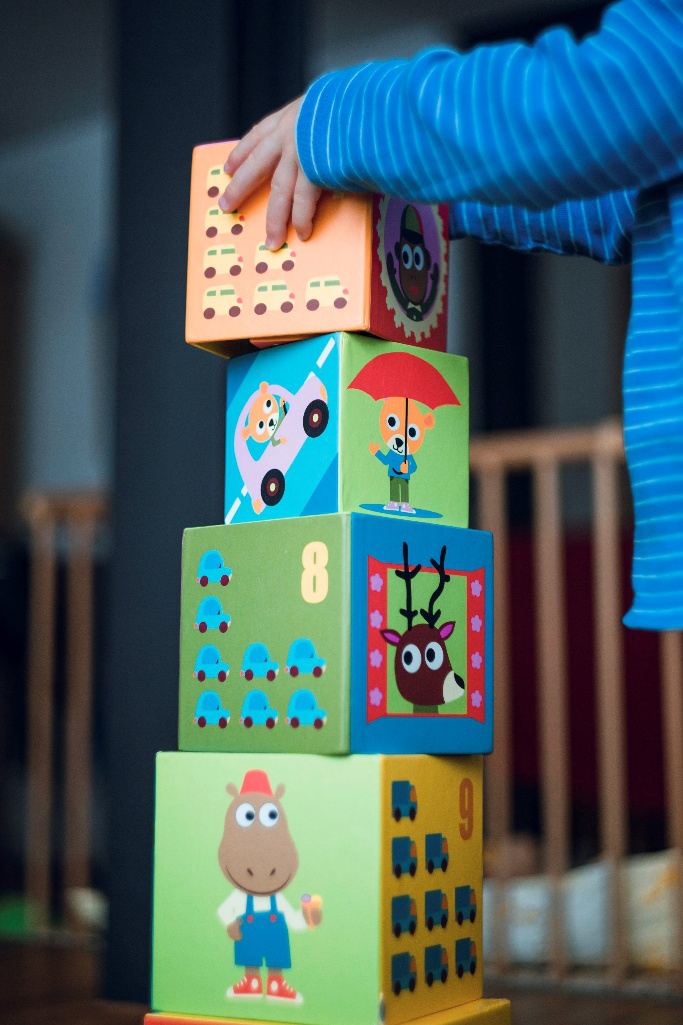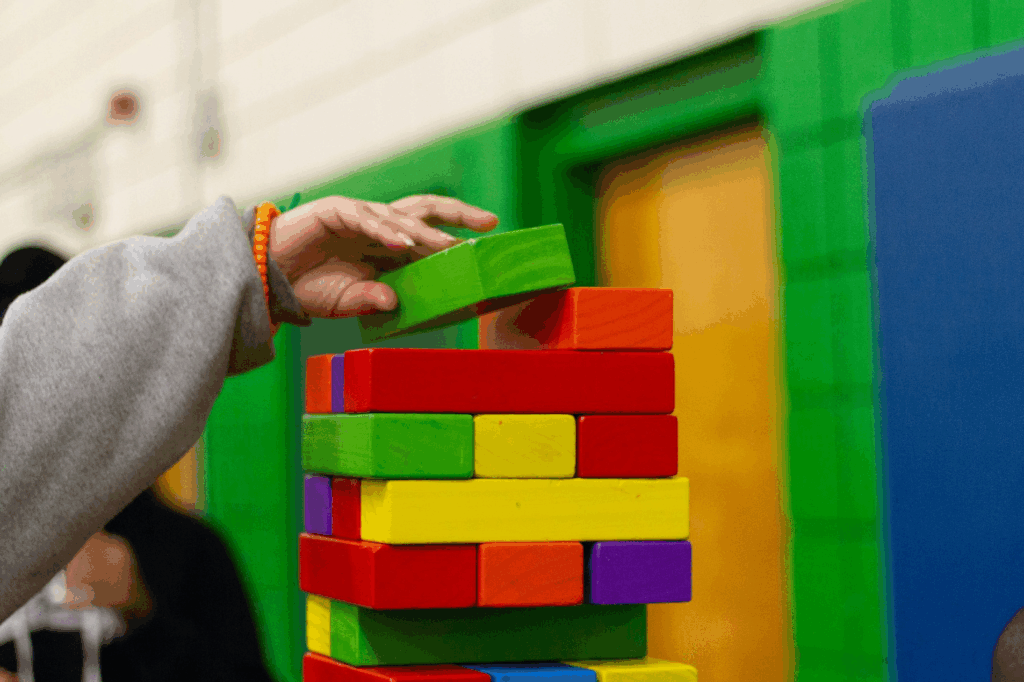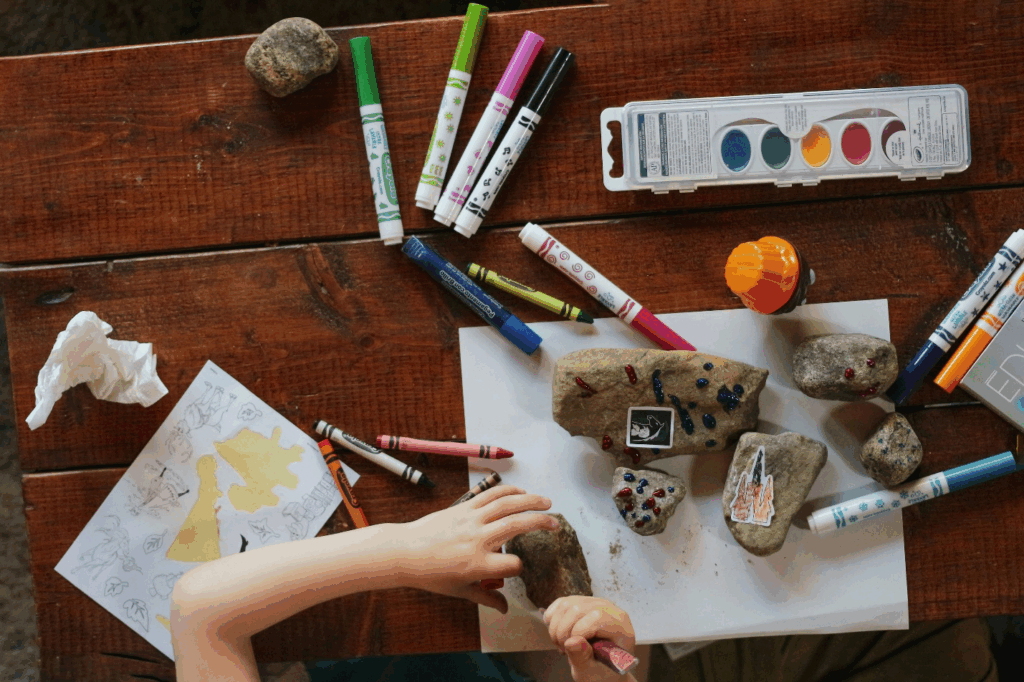After-school meltdowns are common for children with special needs, often leaving parents, caregivers, allied health organisations, special schools, and sensory play centres in Melbourne Western Suburbs, searching for ways to help. These meltdowns, marked by crying, shouting, or withdrawal, happen when a child becomes overwhelmed after a demanding school day. This guide explains why after-school meltdowns occur and offers practical strategies to help your child regulate their emotions and recover, using a straightforward approach to support families and professionals.
Understanding Why Meltdowns Happen
After-school meltdowns often stem from the emotional and sensory demands of the school day. Children with special needs, such as autism spectrum disorder or sensory processing issues, face challenges like social interactions, academic tasks, and noisy environments. These can drain their energy, making them more likely to meltdown when they get home. For example, a child in a special school in Melton may spend all day managing sensory input, leaving them overwhelmed by afternoon.
One reason is sensory overload. School environments, with loud bells, crowded hallways, or bright lights, can be intense. By the end of the day, your child may feel overstimulated, leading to irritability or distress. For instance, a child in Werribee might struggle with the noise of a busy classroom, causing them to shut down or act out after school. Watch for signs like covering ears or avoiding eye contact to identify sensory triggers.
Another factor is emotional exhaustion. Children with special needs often work hard to meet social or academic expectations, like following instructions or interacting with peers. This effort, called masking, can exhaust them. For example, a child in Caroline Springs may suppress their discomfort during group activities, only to release it through a meltdown at home. Understanding this helps you see meltdowns as a response to stress, not misbehaviour.
Physical factors also play a role. Hunger, fatigue, or discomfort from sitting all day can contribute. If your child skips lunch or has a disrupted routine at a childcare centre in Truganina, they may be more prone to meltdowns. Keeping a journal of your child’s day, including meals, sleep, and school activities, can help you pinpoint these triggers. Share this with caregivers or allied health professionals to create a plan.
Finally, transitions are challenging. Moving from the structured school day to the less predictable home environment can be hard. Your child might struggle with the change in routine, leading to frustration. Recognising these causes—sensory overload, emotional exhaustion, physical needs, and transitions—helps you address meltdowns effectively.

Helping Your Child Regulate Emotions
When your child has a meltdown, you can use strategies to help them calm down and regain control. These methods focus on reducing stimulation and providing comfort, tailored to your child’s needs. Acting quickly can prevent escalation and help your child feel safe.
Start by creating a quiet space at home. Set up a corner with soft cushions or a weighted blanket to help your child relax. For example, after a school day in Melton, guide your child to this space if they show signs of a meltdown, like crying or shouting. Speak softly and avoid sudden movements to keep them calm. Say, “Let’s sit here for a bit,” to signal a break.
Teach calming techniques, such as deep breathing. Show your child how to breathe in for four seconds, hold for four, and breathe out for four. Practice this daily when they’re calm, so they can use it during a meltdown. For instance, a caregiver in Werribee can practice breathing with your child after school. Offer sensory tools, like a stress ball or fidget spinner, which are often used in sensory playground settings. These help your child focus and reduce distress.
Distraction can be effective. Offer a familiar activity, like playing with a favourite toy or listening to soft music. For example, if your child is upset after school in Caroline Springs, give them a tactile toy to squeeze. This shifts their attention and calms them. Avoid introducing new activities during a meltdown, as they can add stress.
Stay calm yourself. Your child senses your emotions, so use a gentle tone and model calm behaviour. For instance, during a meltdown in Truganina, sit with your child and breathe slowly together. This reassures them. If you’re unsure how to respond, consult allied health professionals or special schools for strategies specific to your child.
Use positive reinforcement after the meltdown. If your child calms down using a breathing technique, praise them, saying, “You did a great job calming down.” This builds their confidence. Practicing these strategies regularly helps your child manage emotions and reduces meltdown intensity.

Creating a Supportive After-School Routine
A consistent after-school routine can prevent meltdowns by providing predictability and reducing stress. You can set up a routine that meets your child’s needs and helps them transition from school to home smoothly.
Start with a decompression period. When your child gets home from school in Melton, give them 15-30 minutes of quiet time before starting homework or other tasks. Offer a snack and a low-stimulation activity, like playing with a sensory toy. This helps them unwind from the school day’s demands.
Use a visual schedule to outline the after-school routine. Include pictures for activities like eating, resting, or playing. For example, a schedule in Werribee might show a picture of a snack followed by a play session. Share this with caregivers or childcare centres to maintain consistency. Knowing what comes next reduces anxiety and eases transitions.
Limit sensory input after school. Avoid loud music or crowded spaces right after pick-up. For instance, if you’re in Caroline Springs, skip busy playgrounds and opt for a quiet activity at home. Use tools like noise-cancelling headphones if your child is sensitive to sounds, especially during car rides home.
Involve your child in planning the routine. Let them choose between two activities, like reading or sensory play, to give them a sense of control. For example, a child in Truganina might choose between drawing or swinging. This builds confidence and reduces frustration.
Communicate with teachers or caregivers at special schools or childcare centres. Share your routine and ask about your child’s school day to identify potential triggers. For instance, if a loud assembly caused stress, adjust the routine to include extra calming activities. A supportive routine helps your child feel secure and reduces meltdowns.

Preventing Future Meltdowns
Preventing after-school meltdowns involves planning ahead and teaching your child skills to handle stress. By addressing triggers and building coping strategies, you can reduce the frequency of meltdowns.
Identify meltdown triggers by keeping a log. Note what happened before a meltdown, like a noisy classroom or missed snack. For example, if your child gets overwhelmed after group activities in Melton, share this with allied health professionals to create a plan. Knowing triggers helps you prepare.
Prepare your child for the school day. Before they leave for school in Werribee, explain what to expect, like a group project or assembly. Use simple language, such as, “Today, you’ll have art class, but you can use your fidget toy.” This reduces anxiety and helps them manage sensory input.
Teach self-regulation skills. Practice techniques like counting to ten or squeezing a stress ball when your child is calm. For instance, role-play a stressful scenario in Caroline Springs and practice calming down together. This builds their ability to handle emotions independently.
Incorporate sensory activities into their routine. Programs like sensory play disability support in Truganina use activities like climbing or tactile tasks to help children regulate sensory input. Regular participation can prevent overload by teaching your child to process stimulation in a controlled way.
Work with professionals to create a sensory diet, a personalised plan of sensory activities. For example, include swinging or deep pressure activities before school to keep your child regulated. Allied health organisations can help design this plan to suit your child’s needs.

Supporting Your Child’s Emotional Recovery
After a meltdown, helping your child recover emotionally is key to rebuilding their confidence and reducing future stress. You can support this process by creating a safe space and using strategies to help them feel secure. Start by acknowledging their feelings. For example, if your child had a meltdown after school in Melton, say, “I know that was hard for you,” in a calm tone. This shows you understand their experience without judgement, helping them feel supported.
Offer a quiet activity to ease them back to a calm state. For instance, in Werribee, suggest playing with a sensory toy or reading a favourite book together. These activities, often used in sensory play disability support programs, help your child shift focus from distress to comfort. Keep the activity familiar, as new tasks can be overwhelming post-meltdown.
Encourage communication about their emotions. If your child struggles to express feelings, use visual aids like emotion cards. In Caroline Springs, you might show a card with a sad face and ask, “Is this how you feel?” This helps them identify and share emotions, fostering emotional awareness. Allied health professionals can recommend tools suited to your child’s needs.
Provide positive reinforcement. Praise small steps, like calming down after a meltdown in Truganina, saying, “You did well taking deep breaths.” This builds their confidence. Offer a reward, like extra time at an NDIS play centre, to motivate them. Most programs, except birthdays and private hire, align with NDIS funding, making them accessible.
Check in with caregivers or special schools to ensure consistent support. Share what helps your child recover, like a weighted blanket, to use across settings. Regular recovery practice strengthens their emotional resilience, helping them manage future challenges with greater ease.

Helping Your Child Thrive After School
Supporting your child through after-school meltdowns builds their ability to manage emotions and strengthens their confidence. By understanding triggers like sensory overload or emotional exhaustion, you can use calming techniques, consistent routines, and recovery strategies to help them cope. Regular practice of these skills leads to fewer meltdowns and better emotional regulation over time. Engage your child in sensory play activities to make learning fun and effective.
For targeted support, try one-on-one support sensory play sessions, which offer person centred care to meet their specific needs. During school breaks, school holiday sensory programs in Melbourne Western Suburbs provide a supportive setting to practice these skills. Most programs, except birthdays and private hire, align with NDIS funding, ensuring accessibility for families. Book a session at Sensory Play Centre in Melton, Werribee, Caroline Springs, or Truganina to help your child grow emotionally.
Call now to find out more!
